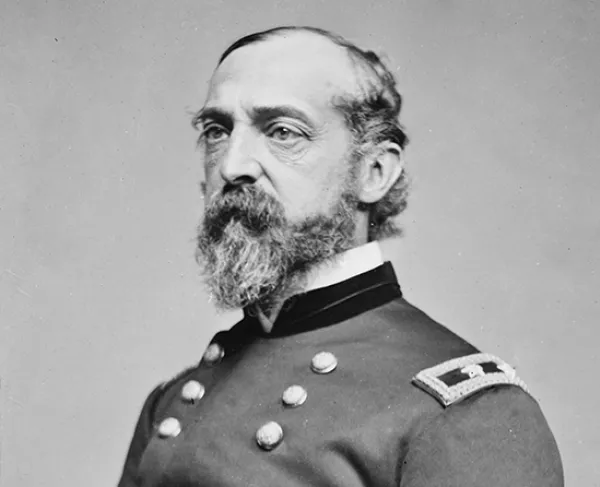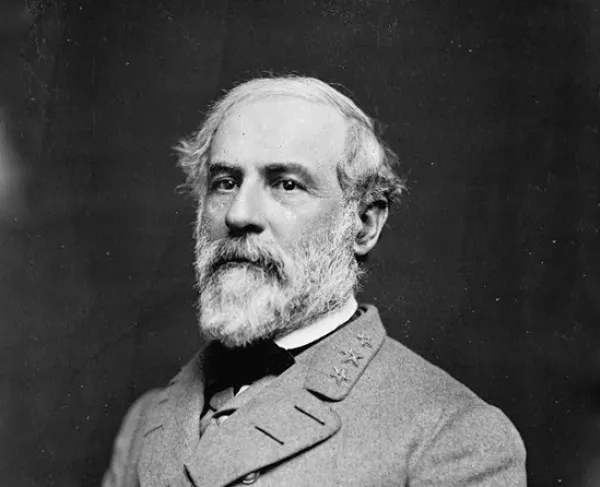
Rappahannock Station
Fauquier County, VA | Nov 7, 1863
On November 7, 1863, Union General George G. Meade launched a two-pronged attack against Confederate General Robert E. Lee’s lines in the Battle of Rappahannock Station, resulting in a Union victory and forcing Lee to retreat below the Rapidan River.
How It Ended
Union Victory. After overwhelming Confederates downstream at Kelly's Ford, Union forces under General John Sedgwick launched a nighttime assault on the Confederates at Rappahannock Station, resulting in a stunning Union victory and forcing Lee to retreat below the Rapidan River.
In Context
In the aftermath of the Battle of Gettysburg, the Confederate Army of Northern Virginia and the Union Army of the Potomac marched back to Virginia. That fall, Robert E. Lee launched an offensive, however, was repulsed at the Battle of Bristoe Station on October 14. Lee pulled back to the Rappahannock River.
Meade pursued and launched an assault on Confederate lines on November 7th. General William H. French's Third Corps attacked Lee at Kelly’s Ford while General John Sedgwick’s Sixth Corps struck the Confederate bridgehead at Rappahannock Station.
French’s men struck the Confederate lines first, taking the position at Kelly’s Ford, and he managed to capture around 300 Confederates in the process. Meanwhile, at about 3 pm, Sedgwick’s advance captured key locations on the hills looking above the Confederate defenses at Rappahannock Station.
Once Sedgwick’s advance got underway, Confederate General Jubal Early called upon Lee for reinforcements and received three North Carolina regiments under Colonel Archibald Godwin’s brigade, which aided General Henry T. Hays’ Louisiana brigade. Sedgwick did not press any further for the rest of the afternoon and bombarded the Southern lines. However, Union General David A. Russell’s division launched an assault on the Confederate lines after nightfall and successfully captured the position at Rappahannock Station.
419
1,674
By the end of the fight, Russell’s men had overrun the Confederate bridgehead at Rappahannock Station and taken more than 1,600 of Early’s men prisoner. With his position along the Rappahannock breached, Lee withdrew below the Rapidan River.
Henry Hays's “Louisiana Tigers” along with Archibald Godwin’s North Carolinians defended Rappahannock Station.
Robert E. Lee’s overall strategy was to use the bridgehead at Rappahannock Station to its fullest advantage, hoping that, with this position, he could divide any attacking army, threaten their flank, and defeat them. However, once the Federals under Sedgwick gained control of the bridgehead, Lee’s ideas of maintaining a presence along the river and area were tarnished, and he was forced to abandon his plans and move further south to the Rapidan River.
Rappahannock Station: Featured Resources
All battles of the Bristoe Campaign
Related Battles
2,000
2,000
419
1,674














